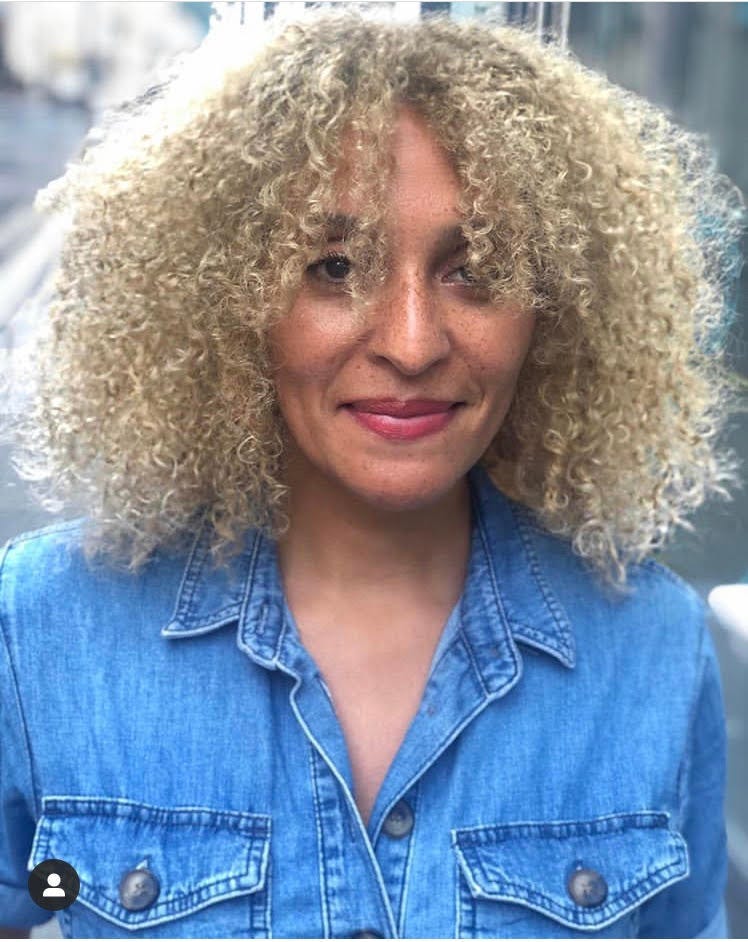Loretta Andrews: “Nobody is going to call me white”
The music manager on raising a white-passing son and being intentional in making change
Hi, welcome back to Mixed Messages! This week I’m speaking to Safe Music Management founder Loretta Andrews, who is of St Lucian and white heritage. Loretta is one of 40 people in the inaugural year of the PRS Foundation’s POWER UP network, an initiative launched to address anti-Black racism and racial disparities in the music sector. Representing Black…


